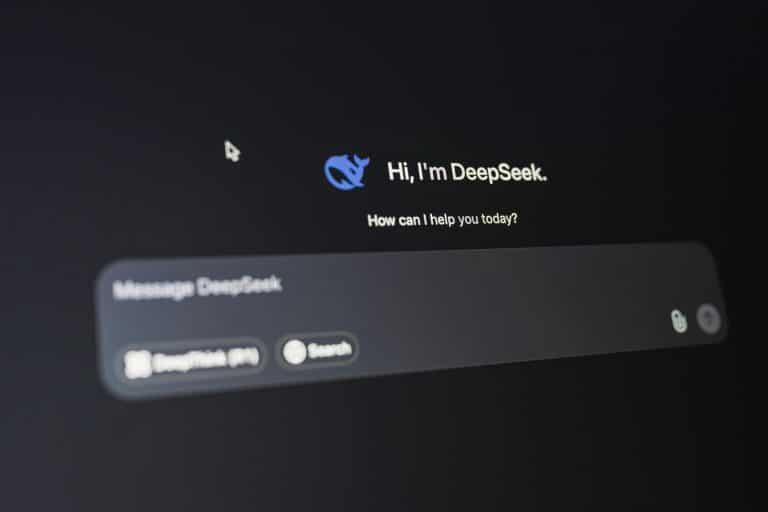I know how much we rely on online reviews when choosing products for our families. Whether it’s finding the perfect pram or a toy that’s safe and durable, reading honest opinions from other parents can be a lifesaver.
But with the rise of AI-generated reviews, I can’t help but wonder: Can we still trust these reviews in 2024? Let’s have a look at the latest findings.
The Rise of AI-Generated Reviews on Amazon
A recent study analyzed over 26,000 Amazon product reviews and found a 400% increase in AI-generated reviews since ChatGPT’s launch in November 2022. It’s no wonder that we’re questioning what we read, especially given that extreme reviews—either those with glowing five-star praise or harsh one-star criticism—are 1.3 times more likely to be AI-generated compared to more moderate reviews.
These extreme opinions might sound persuasive but could very well be fabricated by AI. The problem with such polished yet biased content is that it might influence us to make choices that don’t necessarily align with our needs. I’ve personally fallen for a “too good to be true” review, only to find the product wasn’t up to snuff.
The Distinction Between Verified and Unverified Reviews
Despite the rise of AI-generated reviews, not all is doom and gloom. Originality.AI found that verified Amazon reviews were 1.4 times less likely to contain AI-generated content than unverified reviews. This means that when a customer buys the product through Amazon and leaves a review, it’s generally more trustworthy.
As mums, we don’t have much time to sift through countless opinions, so prioritizing verified reviews can help cut through the noise. But keep in mind that even verified reviews aren’t completely foolproof because of the growing sophistication of AI tech.
How Helpful Do Consumers Find AI-Generated Reviews?
Surprisingly, consumers seem to have an intuitive knack for spotting AI-generated reviews. The Originality.AI study revealed a small but notable negative correlation between a review’s helpfulness score and the likelihood of it being AI-generated. This means that AI-generated reviews tend to receive fewer “helpful” ratings from users.
It makes sense, doesn’t it? Those glowing, too-perfect reviews often feel a little too polished, lacking the relatable anecdotes and personal touch that make authentic reviews stand out. For instance, I’d much rather read a mum’s story about how she managed to juggle her baby’s naptime with assembling a new cot than a bland, mechanical description of its features.
The Role of Tools in Identifying AI-Generated Reviews
Thankfully, there are ways we can better distinguish genuine opinions from AI-generated fluff. One tool, the AI detector by Originality.AI, can help spot suspicious reviews by analyzing their probability of being AI-written. While such tools are not yet perfect, they offer a promising solution for mums who want to make sure they’re getting real feedback on products that will affect their families.
Implications for Consumer Trust in 2024
The rise of AI-generated reviews poses a challenge to consumer trust. With more families relying on these opinions, it’s vital to read between the lines to ensure the products we buy are safe and reliable. Here’s what we can do as mums:
- Prioritise Verified Reviews: Always look for verified badges on reviews, especially on major platforms like Amazon, where these reviews are less likely to be AI-generated.
- Use AI Detection Tools: Tools like the AI detector can identify suspicious reviews. It’s worth checking out if you’re worried about misleading reviews.
- Trust Your Instincts: If a review feels too perfect or overly critical, it might be fabricated. Seek out those reviews that share personal experiences similar to your own.
- Cross-Check with Multiple Sources: Don’t rely solely on one review platform. Check blogs, parenting groups, and even friends’ recommendations.
In the end, being aware of the potential pitfalls and remaining vigilant can help us navigate the tricky world of online reviews in 2024 and beyond. Trusting your gut and keeping an eye out for red flags will ensure you’re making the best choices for your little ones. After all, no one knows better than a mum what works for her family!









